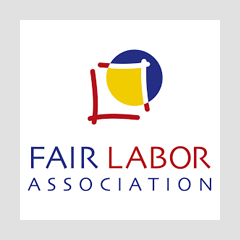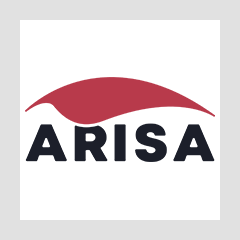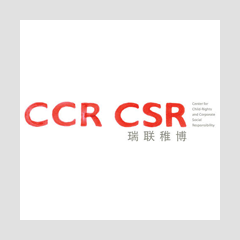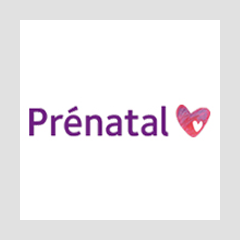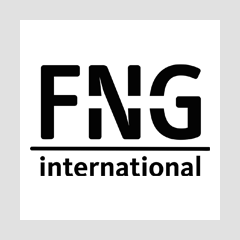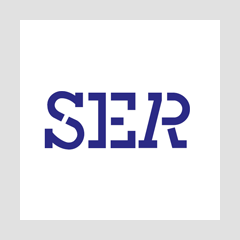Multi-Stakeholder Project: Combatting Child Labour in Garment Supply Chains
Between April 2017 and March 2020, a coalition of parties and companies worked together to prevent and eliminate child labour in garment supply chains in India and Bangladesh in the mukti-stakeholder project: Remedies towards a better workplace. The goal of this project was to work towards child labour prevention and elimination in garment supply chains, including the lower tiers since major risks are deeper down the supply chain. The project focused on elements that companies of the Dutch Agreement on Sustainable Textile and Garments (AGT) can influence directly such as supporting direct and indirect suppliers to improve working conditions for workers.
Companies have concluded that much more can be achieved through a collaborative approach instead of focusing primarily on compliance. Through engaging with (local) NGOs and building relationships with suppliers these companies have worked on measurable and sustainable impact for workers.
During the project tools were developed, trainings were given in factories and companies received support to improve their dialogue with suppliers. This led to new insights and more transparency in the supply chains of suppliers beyond the first tier. The tools are publicly available for all AGT signatories and other interested parties and companies.
In summary, the project has achieved the following results:
- More than 12,000 employees work in safer working conditions and have more knowledge about their labour rights and rights of children as a result of a training programme that focused on establishing and strengthening worker-management committees with suppliers.
- At 30 factories and spinning mills, methods were introduced on how to work with child-friendly age verification.
- Worker committees improved in 13 factories, showing a rise of filed employee complaints in 2019. All 83 complaints were resolved through a collaboration between brands and management of the factories. Another result is that more than 400 employees are registered under the Employee State Insurance Act, a social security scheme which gives workers access to healthcare, maternity benefits, and sickness and employment-related disablement benefits.
- More than 3,500 workers and almost 2,000 children were reached with workshops and training sessions on children's rights, maternity rights, WASH, maternal health & nutrition, adolescent workers, wages & benefits, child labour prevention & remediation.
Read here the lessons learned in this project, which can be applied by other industries with an international supply chain, especially within the garments, shoes and leather sector.


